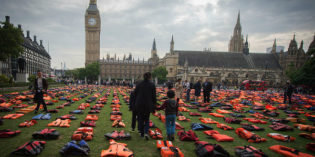
Book Review | The Borders of ‘Europe’: Autonomy of Migration, Tactics of Bordering edited by Nicholas De Genova
The collection The Borders of ‘Europe’: Autonomy of Migration, Tactics of Bordering, edited by Nicholas De Genova, offers a compelling in-depth analysis of immigration to Europe through contributions that repeatedly go to the heart of contemporary policy conundrums. Suggesting ways in which scholar-activists can make a potential difference, this book offers a thorough education in the implications of Europe’s evolving, unwieldy border apparatus upon the lives of migrants and Europeans, recommends Paul Clewett.
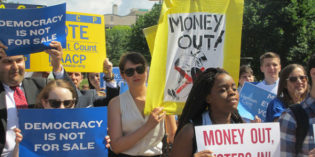
American democracy sold to the highest bidder
If the quality of democracy is to be measured by the extent to which it constrains the economically dominant, then American democracy is failing, writes George Tyler. Recent research has shown how campaign financing is skewing policy influence towards top earners. This is in contrast to many northern European countries, which can offer practical models for the US to follow.
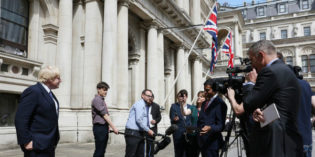
From City Hall to Downing Street: what would Boris as Mayor tell us about Boris as PM?
As speculation mounts again about Theresa May’s longevity at Prime Minister, Boris Johnson’s star has risen once again. But what would PM Boris be like? Ben Worthy and Mark Bennister read the runes from his time as London’s Mayor.
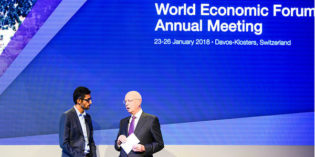
Capitalism will not give us the will to fight capitalism – what we need is a new International
With the rich getting richer and the poor getting poorer, and with socialist parties around Europe fighting only for national attention, is there hope for an international left? Lea Ypi (LSE) writes that, more than ever, the world has to be made by those sceptical of capitalism. She makes the case for rebuilding international solidarity.
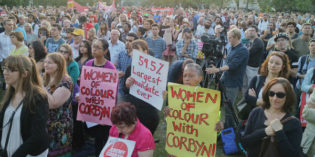
Increasing ethnic minority representation: why both political parties and electoral districts matter
National parliaments in Western democracies remain far whiter than the increasingly diverse populations they represent. Benjamin Farrer (Knox College) and Josh Zingher (Old Dominion University) find that the explanation for this lies in the interaction of local demographics and political parties, and that as a result centre-left parties in the US, UK and Australia have been more successful at getting ethnic minority candidates elected.
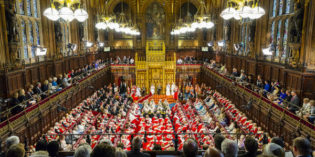
The Lords are unlikely to derail or overly delay the passage of the EU (Withdrawal) Bill
Richard Reid explains why the House of Lords is unlikely to derail or overly delay the passage of the European Union (Withdrawal) Bill that is about to be introduced into the Chamber. He contends that while the mood of the House regarding Brexit is difficult to tell, it seems that there is little appetite for a direct collision with the government in the form of blocking or wrecking the bill. However, we are likely to see some successful amendments regarding the acquis, devolution and Parliamentary sovereignty that will win support from across the party groupings.
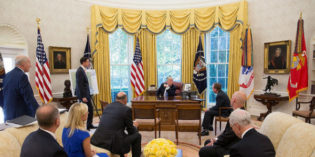
Book Review | Fire and Fury: Inside the Trump White House by Michael Wolff
With the overnight international bestseller Fire and Fury: Inside the Trump White House, Michael Wolff utilises his ‘semipermanent seat’ on a West Wing sofa to offer an insider account of the Trump administration. While critical of Wolff’s writing style, methods and failure to separate clear falsehoods from certainties, Jonny Hall concedes that the book remains a gripping read that is at its most revealing when discussing the warring factions shaping Trump’s Presidency.

Sinn Féin MP’s resignation demonstrates the dangers of social media for politicians
On 15 January, Barry McElduff, Sinn Féin MP for West Tyrone, resigned after a video he posted on Twitter offended victims and families of the 1976 IRA Kingsmill massacre. Paul Reilly (University of Sheffield) examines what this incident means for politicians who make use of social media in Northern Ireland.

Just how special are special advisers within the UK civil service?
Using the most recent government data, Sir Richard Mottram (LSE) discusses what we know about special advisers, and specifically what we know about their pay. He argues that more light needs to be shed both on the system and the government’s narrative about it.





 Democratic Audit's core funding is provided by the Joseph Rowntree Charitable Trust. Additional funding is provided by the London School of Economics.
Democratic Audit's core funding is provided by the Joseph Rowntree Charitable Trust. Additional funding is provided by the London School of Economics.